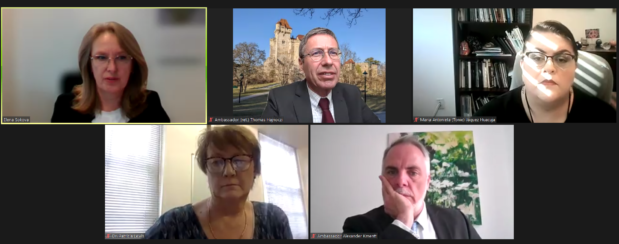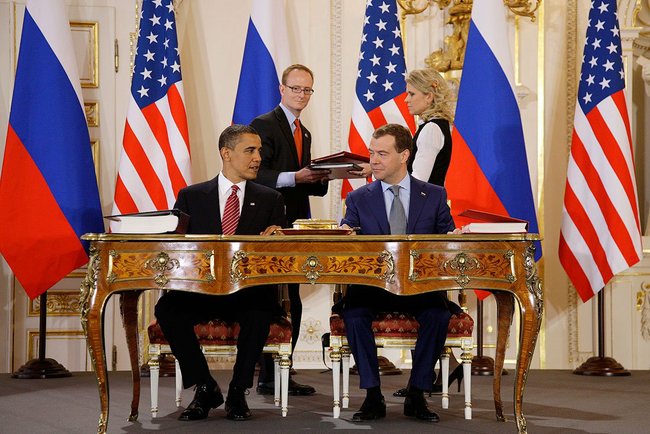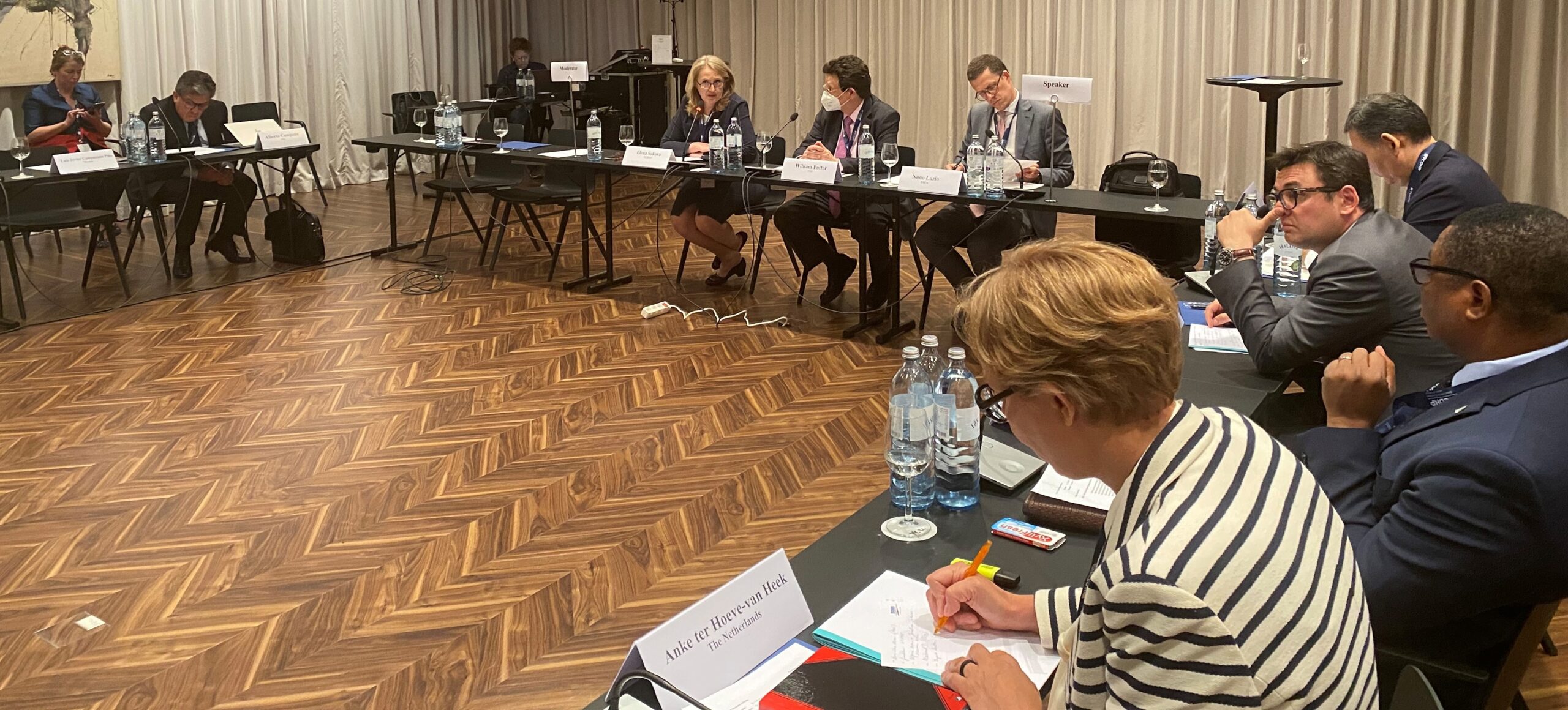
On 15 March 2022, the VCDNP hosted a virtual panel discussion entitled “The Treaty on the Prohibition of Nuclear Weapons: From the Origins to the First Meeting of States Parties.”
In light of recent international developments and explicit nuclear threats, discussing nuclear weapons issues, including arms control, non-proliferation and disarmament, has become particularly urgent.
The panel discussion offered an opportunity to engage different communities on the risks deriving from nuclear weapons and their threatened potential use, with a specific focus on the Treaty on the Prohibition of Nuclear Weapons (TPNW), which entered into force on 22 January 2021.The VCDNP engaged a panel of internationally recognised experts with hands-on experience in the development of the humanitarian approach in viewing nuclear weapons and their impact and the negotiation of the TPNW.
The panel was composed by:
The webinar was opened and moderated by the VCDNP Executive Director Elena K. Sokova.

Speakers reflected on the origins of the Treaty, offering an overview of the historical road that led to its negotiation. The TPNW was the result of decades‑long efforts by multiple stakeholders, including civil society, international organisations and some States Parties of the Treaty on the Non‑Proliferation of Nuclear Weapons (NPT). The Treaty was also built upon the momentum generated at three international conferences on the humanitarian, environmental and legal consequences of the use of nuclear weapons held in Oslo (March 2013), Nayarit (February 2014) and Vienna (December 2014).
Speakers also discussed key provisions of the Treaty and touched upon the decision of State Parties to exclude certain items, i.e. provisions governing the transit of nuclear weapons, in order to make the TPNW as concrete and implementable as possible.
As the First Meeting of States Parties of the Treaty will be held in the summer of 2022, panellists also addressed what States and civil society representatives could do in order to prepare for this meeting. Among the proposals, in the words of Ambassador Kmentt, was to “go back to basics” and focus on the humanitarian consequences and risks of nuclear weapons’ use and on the positive obligations of the Treaty on victim assistance and environmental remediation cooperation. Ambassador Kmentt also noted the need to reflect on how the TPNW was achieved, which is documented in his book, the launch of which the VCDNP hosted in June 2021.
States Parties will also have to tackle a series of technical and procedural issues, including the setting of specific deadlines and the designation of a competent authority to oversee the implementation of the Treaty. With regard to ways to engage States that are not party to the TPNW, speakers noted that important outreach efforts are being conducted to encourage constructive engagement by non-States Parties.
The discussion following speakers’ remarks touched upon the interplay between the TPNW and the NPT, the potential impact of the current Russia-Ukraine war and international crisis on the NPT and the regime more broadly, as well as the need to rethink many assumptions behind nuclear deterrence and its validity.
The full recording of the webinar event can be found below.

